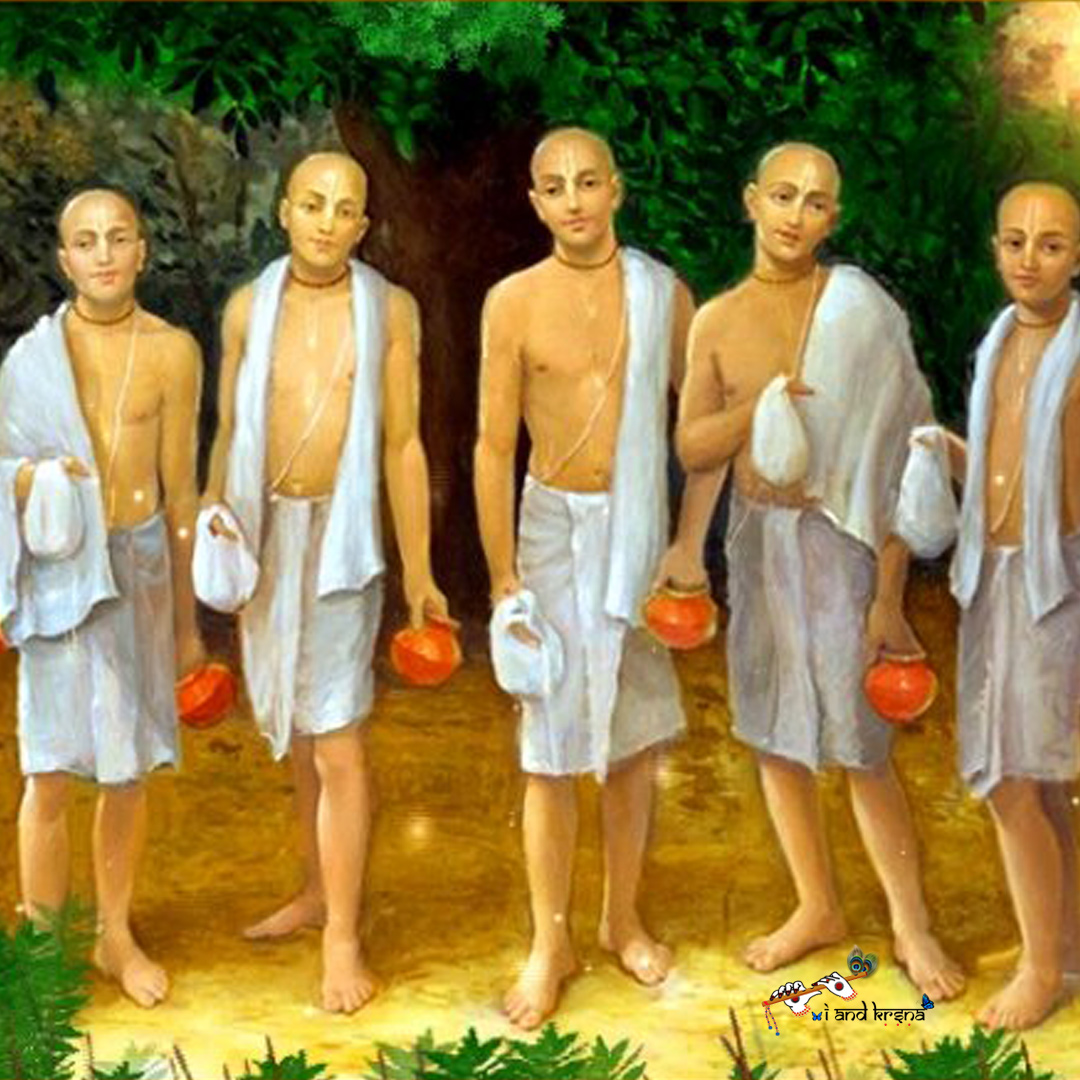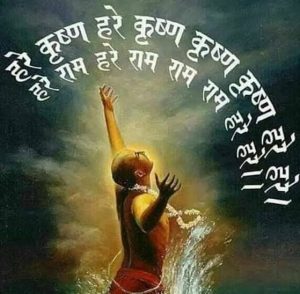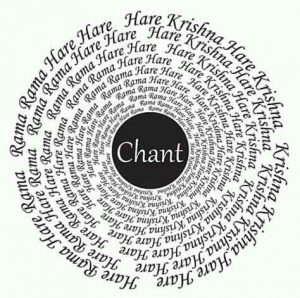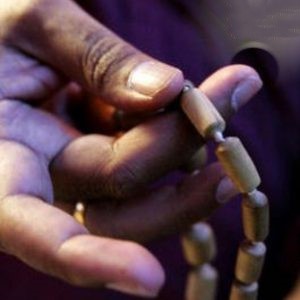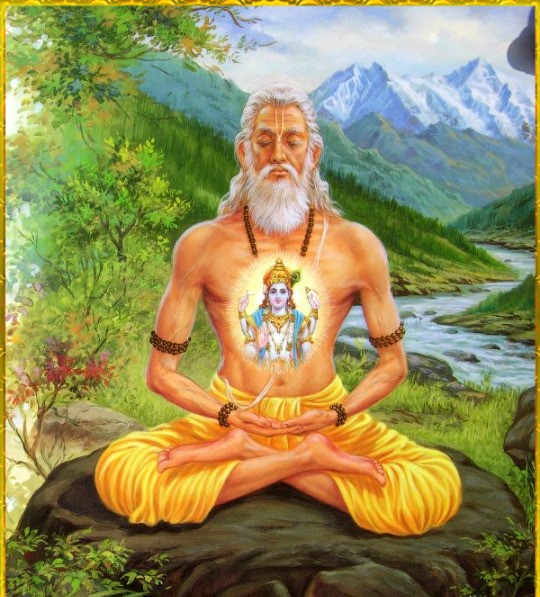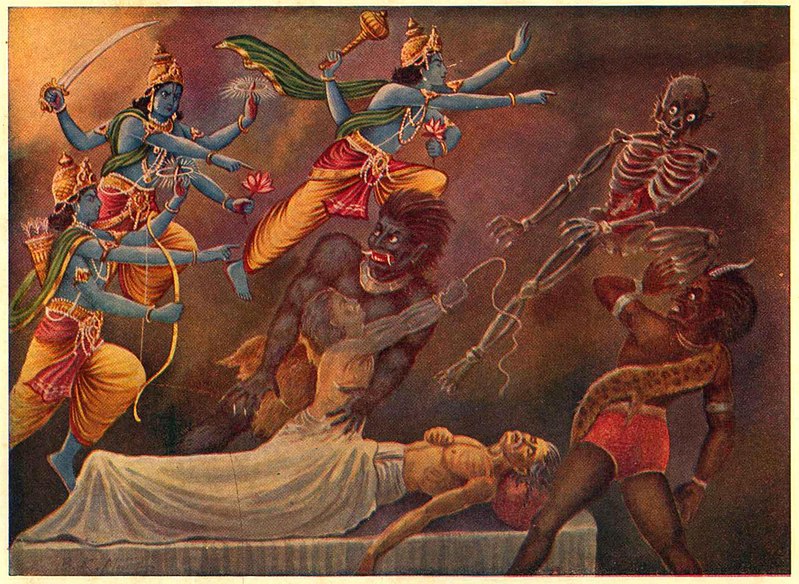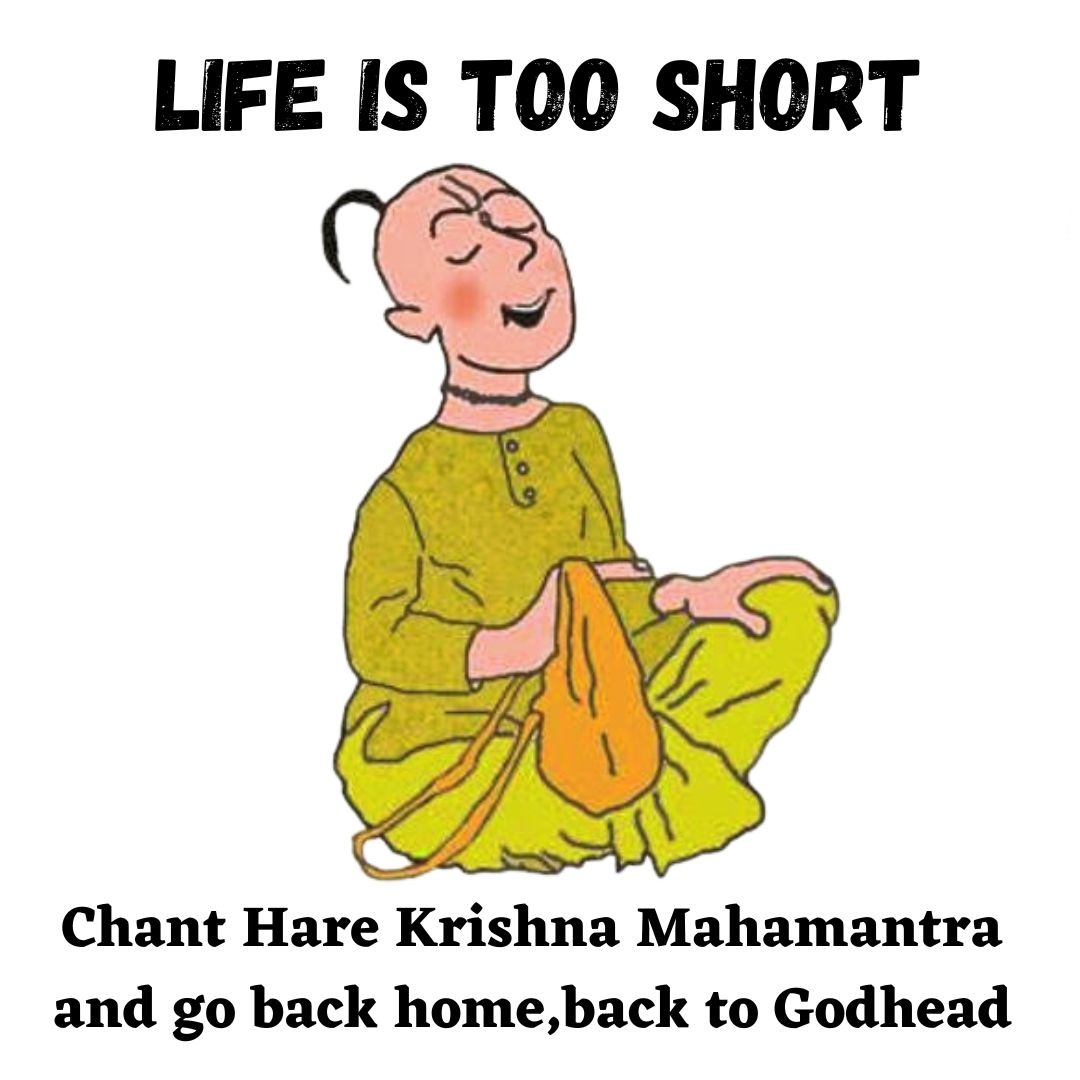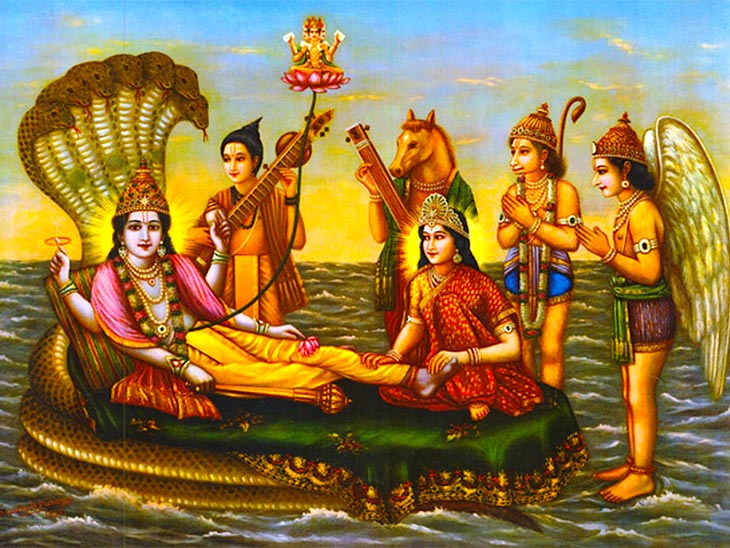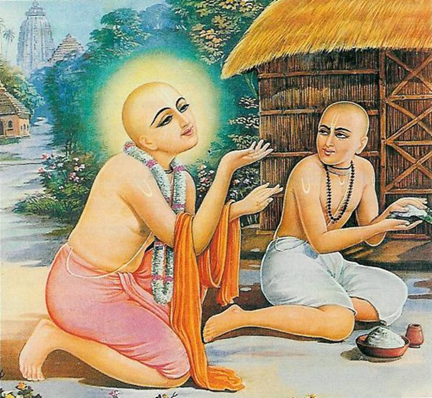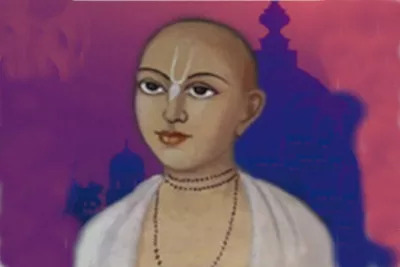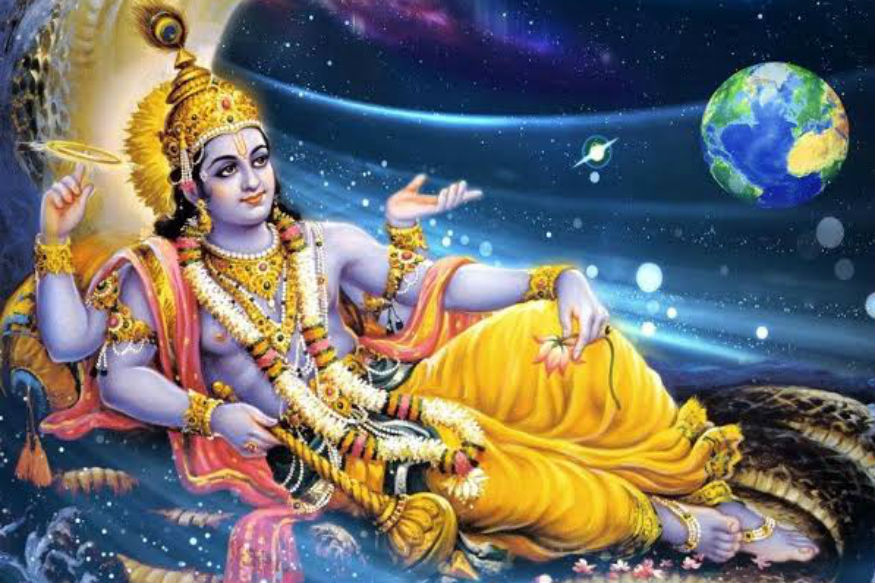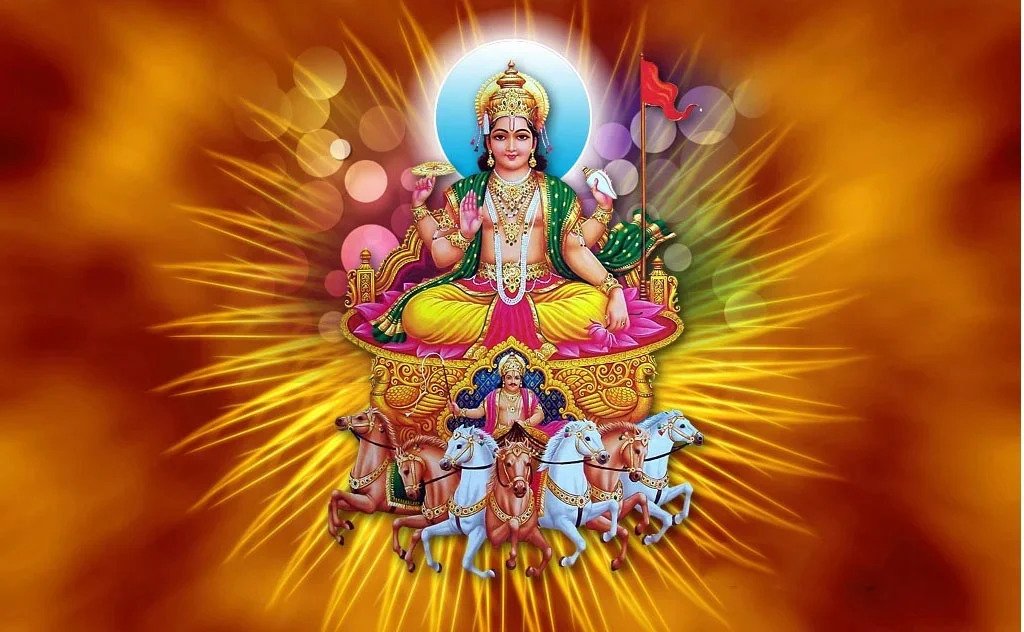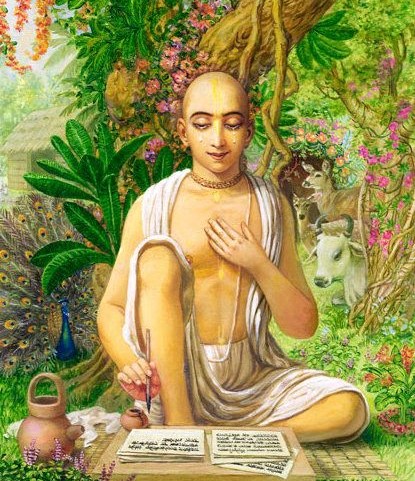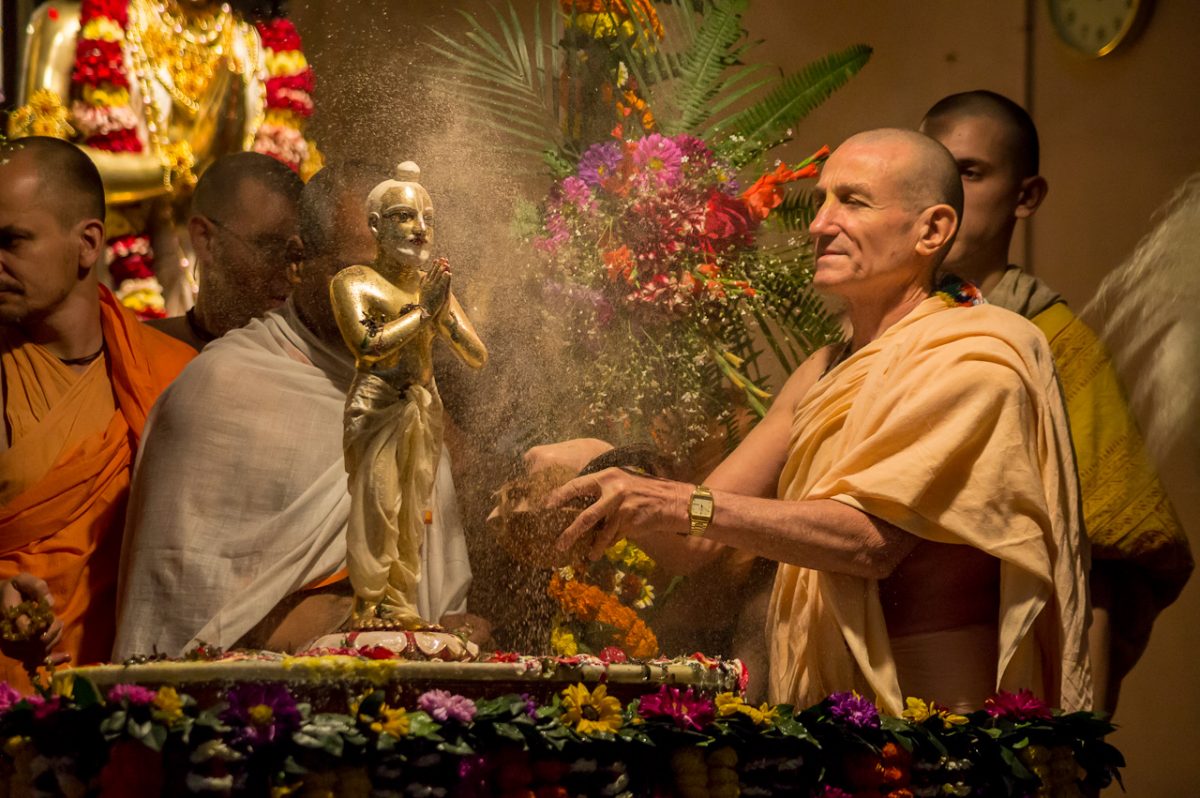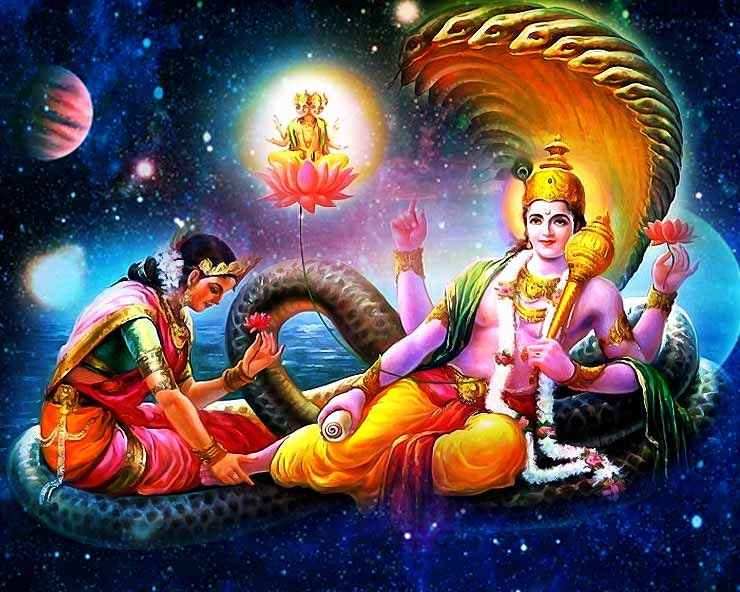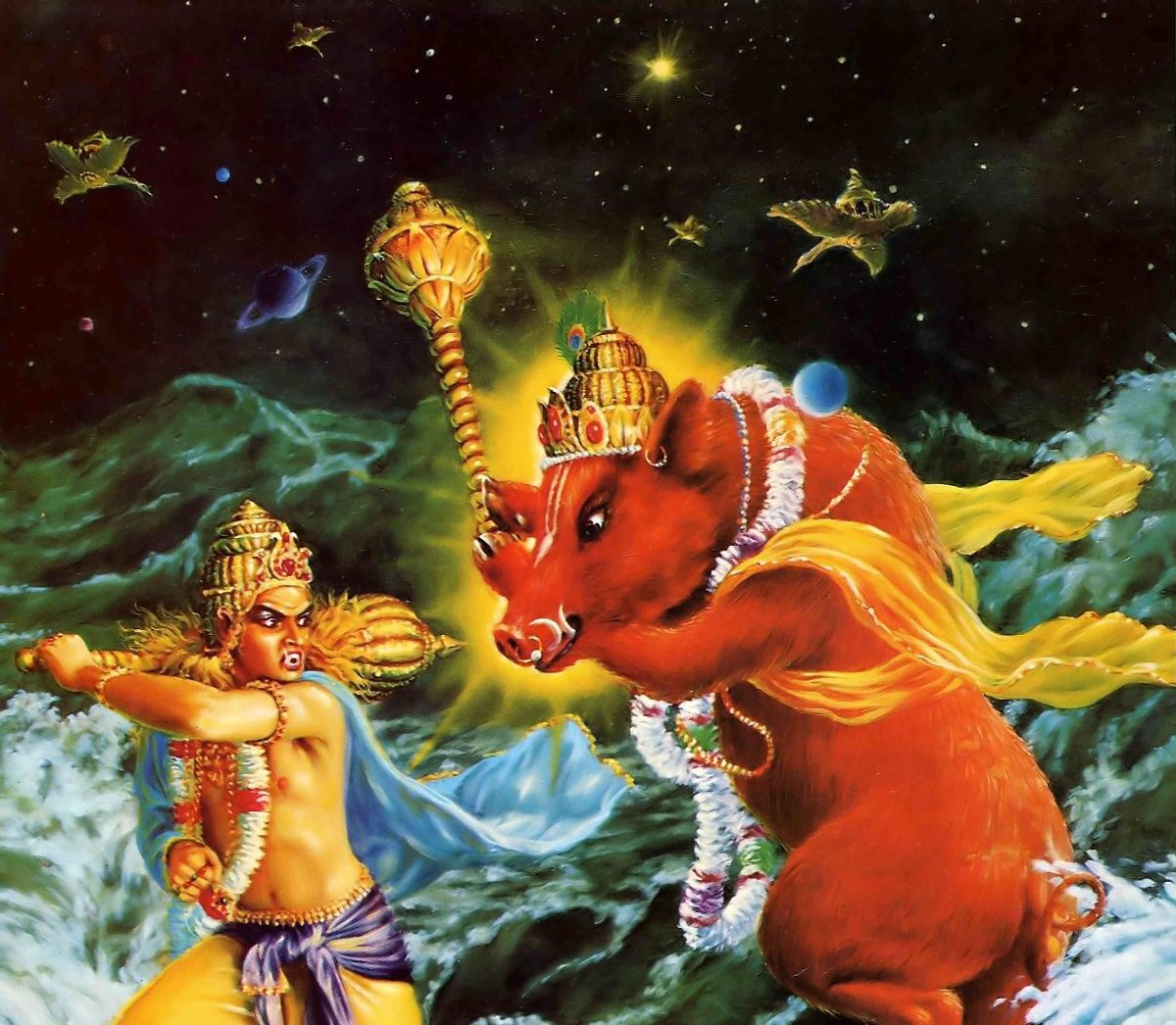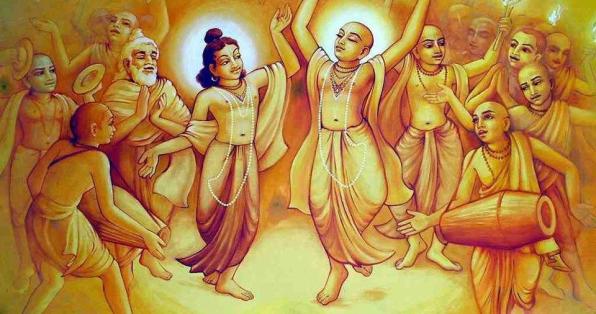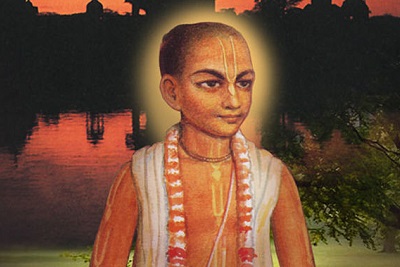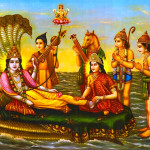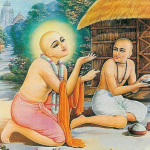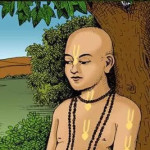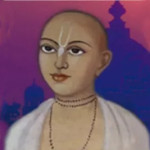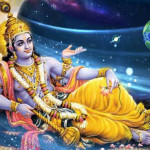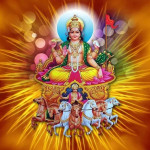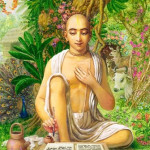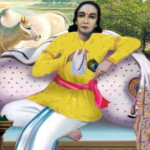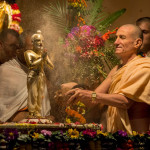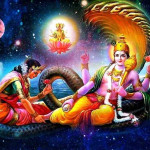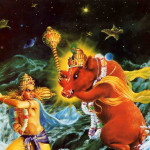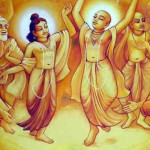The Supreme Lord has kindly invested all of His potencies in His Holyname.
The words dhyeyaṁ sadā, or “always to be meditated upon,” indicate that there are no hard-and-fast rules in this age for chanting the holy names of Kṛṣṇa. In Kali-yuga the authorized process of meditation is to chant the holy names of the Lord, especially the mantra Hare Kṛṣṇa, Hare Kṛṣṇa, Kṛṣṇa Kṛṣṇa, Hare Hare/ Hare Rāma, Hare Rāma, Rāma Rāma, Hare Hare. This process is to be executed constantly and always (sadā). Similarly, Caitanya Mahāprabhu stated, nāmnām akāri bahudhā nija-sarva-śaktis tatrārpitā niyamitaḥ smaraṇe na kālaḥ: in Kali-yuga, the Supreme Lord has kindly invested all of His potencies in His holy name, and there are no hard-and-fast rules for chanting such names. The mention of such rules refers to kāla-deśa-niyama, or regulations of time and place. Normally there are strict regulations governing the time, season, place, conditions, etc., under which one may execute a particular Vedic ceremony or chant a particular mantra. However, one should chant the holy name of Kṛṣṇa everywhere and at all times, twenty-four hours a day. Thus there is no restriction in terms of time and place. This is the meaning of Caitanya Mahāprabhu’s statement.
Source: A.C. Bhaktivedanta Swami Prabhupada (2014 edition), “Srimad Bhagavatam”, Eleventh Canto, Chapter 05 – Text 33.


